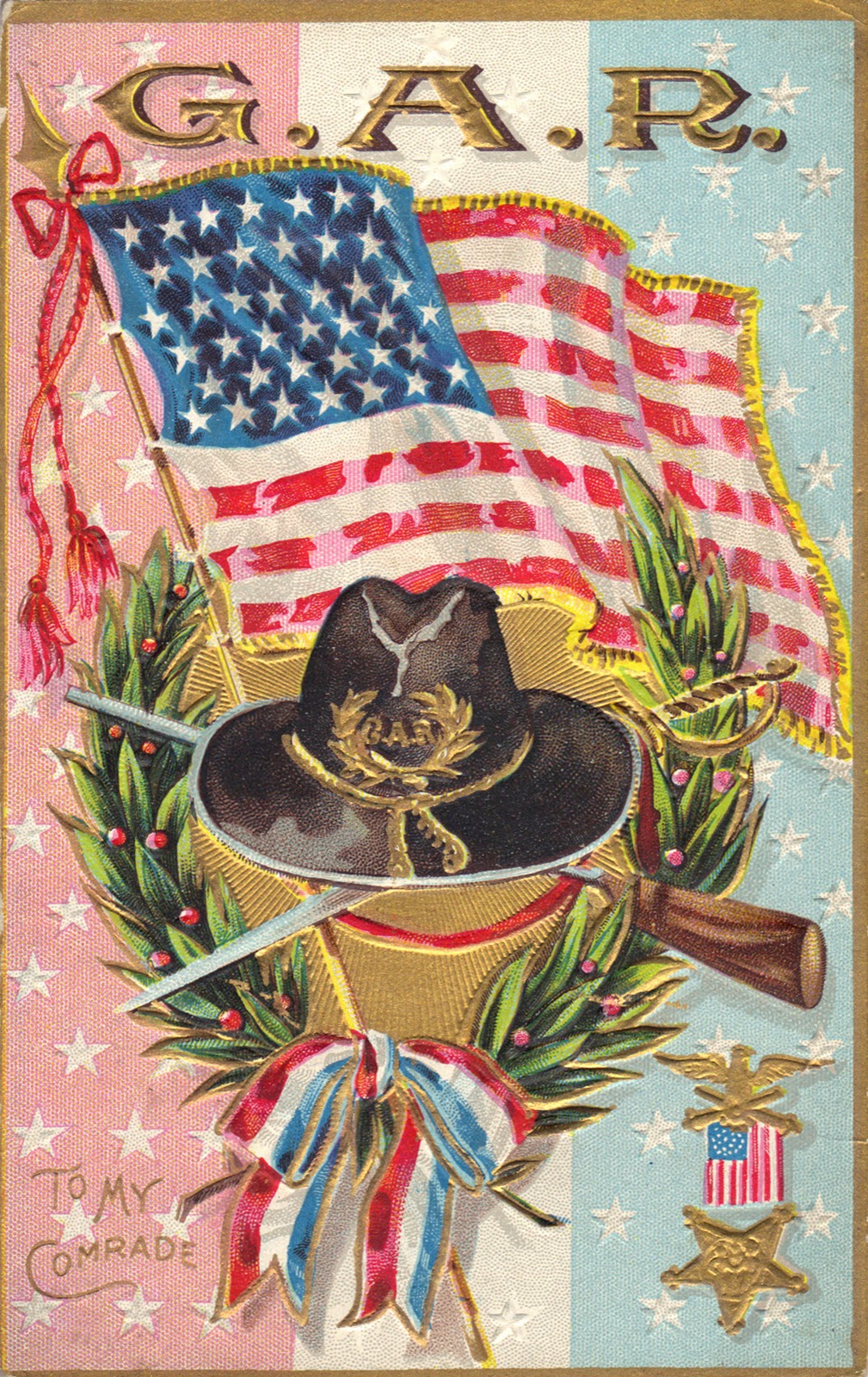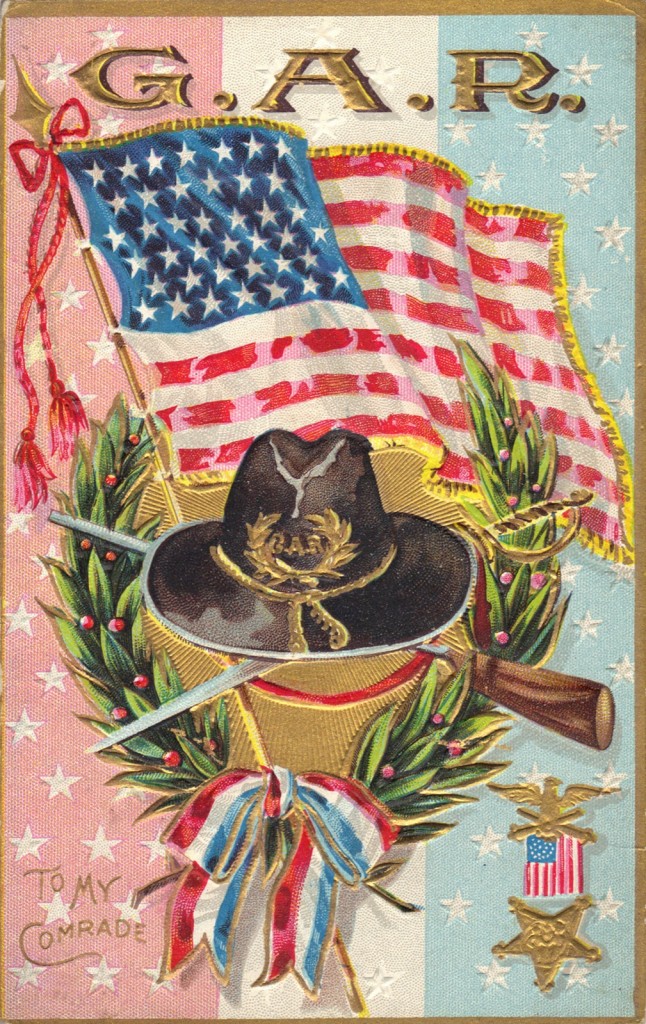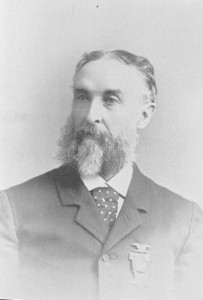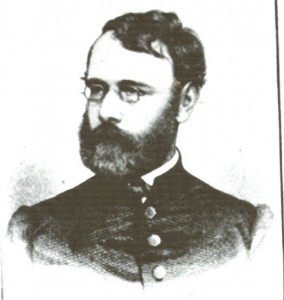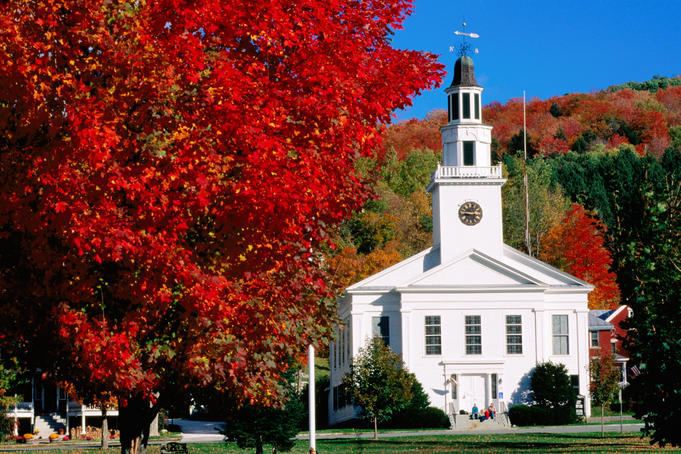Very often in our day to day lives, we want to know what the cost of something is. We go to the supermarket or some other store to buy something, and we are interested in what it is going to cost us. Everything in life has some cost associated with it and what the Scripture is telling us today is that discipleship requires us something.
One of the greatest theologians of the 20th century was Lutheran Pastor Dietrich Bonhoeffer. In 1937 he wrote a book titled The Cost of Discipleship. The Germany of 1937 that Bonhoeffer was writing about had become secularized and was spinning out of control. Now just a point of clarification here, not all secularization is bad and the church of the 21st century needs to learn to live in this new reality much as it did for Bonhoeffer. The time that Bonhoeffer was writing was the dawn of the Second World War.
The aim of his little book was to call people back to a sense of what it means to be Christian in what is considered to be the modern world. He is suggesting that there is a cost associated with being a follower of Jesus Christ, and in some cases that cost is our very lives. For some, like Bonhoeffer it is their physical life, but for the vast majority of us, it is our spiritual life. I have said this before, and will undoubtedly say it again, to be a follower of Jesus Christ we must change the way we think and act and view the world. We must have a Christian worldview.
The words we heard today were spoken by Jesus while he was on the road to Jerusalem. He knew that he was on his way to the cross, but the people with him thought he was on his way to rule an empire. He spoke to them in vivid terms so there would be no misunderstanding, but like most of the Scriptures, he was not speaking literally. He was telling them that the one who follows him would not be on their way to worldly power and glory, but that they must be ready for loyalty which would call them to sacrifice the dearest things in life in exchange for a suffering which would be like the agony of a person on the cross.
Wait, Jesus is saying that we will have to suffer to be his followers? Will we have to turn our backs on worldly power and possessions? Yes, that is faithful what he is telling us. He is telling us that to be a faithful follower of his we must be willing to sacrifice the things that are the dearest to us and that no love in life can compare to the love we must bear to him.
So we are faced with this question this morning and each and every day. Is it possible to be a follower of Jesus without being a disciple?
Let’s turn for a moment back to Bonhoeffer. He writes about what he calls “cheap grace.” Cheap grace is, “the preaching of forgiveness without requiring repentance, baptism without church discipline. Communion without confession. Cheap grace is grace without discipleship, grace without the cross, grace without Jesus Christ.”
Sadly the church of his time had fallen into the trap of cheap grace. People wanted religion, but they wanted it on their terms. They wanted to dictate to the church what they will believe, and they will dictate to the church the discipline they are willing to follow. We see much of the same thing happening today. Some have watered the faith down so much that there is not much of what the Apostles taught. There are more than 40,000 Christian denominations today. That boggles my mind. We have taken the basic message of grace and reconciliation and love and turned it on its head. We have taken something so straightforward and made it complicated. By watering down the Gospel of Jesus Christ, we have cheapened it, and in that it has lost all of its meaning.
Faith comes from obedience to something that is outside of us something that exists in spite of everything we do to try and make it go away. We cannot have it both ways; we cannot do what we want to do but still call ourselves followers of Jesus Christ. To be a follower requires obedience to Jesus and His Gospel. And this obliges us to work at it every day.
When Jesus called His Apostles, they had to leave their possessions and their lives to follow Him. We see Peter, the future leader of the Apostles, leaving his fishing nets to go and follow Jesus. Matthew, the tax collector, left his coin box at the gate and followed Jesus. These are concrete examples of how the lives of the followers of Jesus need to change if they are going to be authentic followers.
In the story of the man who comes to Jesus and asks to follow Him but he has to go and bury his father, who has just died, first. Jesus says to him, “let the dead bury the dead.” He tells the rich young man to go and sell everything that he has and follow Him. Lives need to be transformed if we are to be authentic followers of Jesus.
In sharp contrast to “cheap grace” or what I like to call the easy way, Bonhoeffer advocates for “Costly Grace.”
“Costly grace confronts us as a gracious call to follow Jesus; it comes as a word of forgiveness to the broken spirit and the contrite heart. It is costly because it compels a man to submit to the yoke of Christ and follow him; it is grace because Jesus says: “My yoke is easy, and my burden is light.” ”
Faith comes with obedience and obedience comes with faith. It was not easy for the Apostles to leave all they had behind, and Jesus is not even asking us to do that, He is asking us to think and act in a certain way, to conform our lives to a certain way, and that way is His way the example he left for all of us.
Our world is not much different today than it was in Bonhoeffer’s day. Organized religion has done a terrible job, and for that, we are paying the price. When the leaders go off on a tangent and seem to be more interested in legislation than a transformation of lives, there is a real problem. When the concern is more for the institution of the Church then for people who are the church there is a real problem. When the shepherds forget their job is to protect their sheep and to lay down their lives for them, it is no wonder we see less and less people in the church. If I require you to be an authentic follower of Jesus, then I need to be a genuine follower of Jesus. Otherwise, I should just shut up!
Obedience to not an easy thing for us. We are not designed for it if you will. We have been given free will, but that freedom comes at a cost. We have the ability to choose the narrow way, the way filled with rocks and crooked paths, the way where the bushes grow over the route and where sometimes we cannot see the road in front of us, the way of Christ, or the wide open, easy way, the way of the smooth way with plenty of pit stops, the way of the world. Jesus never promised His followers that life would be easy. Jesus told us, explicitly told us, that we would be persecuted.
In the 15th chapter of the Gospel of St. John, Jesus tells His followers, “If the world hates you, you know it hated me before it hated you.” This fallen world we live in hates everything that Christ stands for and will do everything to destroy it. Evil and hatred exist, but we bring love and compassion to the world, Christ, and His Church, are all about love, that is the simple message of Gospel.
Church let me say this as plain as I can, if the world is hating you for being a Christian then you are doing it right! If you are standing up at a time when people are yelling at you to sit down, you are doing it right. If you feel like you are the lone voice crying in the wilderness, you are doing it right. If you post the love of Jesus Christ for all of the humanity on Facebook and your friends and family unfriend you, you are doing it right!
“Costly Grace” is the call of all of us, me and you, the call to follow in the footsteps of the Apostles and the footsteps of Christ.
But what it is not is a throwing off of whatever we have. Jesus is not calling all of us to sell all we have and give it to the poor. He is not calling all of us to live in a monastery or something like that. No, these are not bad things, things are not bad, it is how we use them, and they use us that is bad. We have been given the capacity to think and to discern those thoughts and beliefs and then we have to choose which way we are to go. There is a cost associated with being a follower and that cost is not being a slave to our passions. The cost is not doing it our way but doing it God’s way. The cost is conforming our lives to what God wants and how God wants us to act. And yes, that requires work, it requires listening, and it compels us to recommit our lives each and every day.
Those who liked in the early days of the church write about how we need to get our passions under control. Anger is a passion. We have all been angry, some of us may be angry right now because I keep going on and on… But anger is a passion, and it can lead us to do some pretty nasty things. Psychologists will tell us that the passions are irrational, all of the passions and we should not make decisions from a passionate point of view. When we are angry, we are not thinking straight, and we might say or do something that is harmful to ourselves or another person.
But is anger always bad? No, anger used in the right way can lead to change. It is all in how we use the passions. Do they control us or do we control them? We should be angry that our faith has been co-opted by some and twisted around, so it is hard to even find the words of Jesus in there. We should be mad that our faith is being used to hurt people and to marginalize people when it should be a faith filled with love and acceptance. Church if you are not angry about this then we are not doing it right.
As followers of Jesus, we are called to obedience to the Gospel of Christ. We are called to obedience to His church, not just the parts we like, but to the whole program. We cannot have a foot in both the church and the world we need to make a choice between the easy way of cheap grace or the difficult way of Costly Grace.
Let us decide right this minute that we will endeavor to be obedient to What Christ is calling us too. Let us decide at this moment that we will endeavor to follow the path of Costly Grace and not that of Cheap Grace. And let is decide, right now, that we will begin anew the process of transformation of our lives. If we are to truly be disciples, true followers of Christ, then the transformation has to begin with us. We need to turn our anger into love, our hatred into love, our fear into love there is no other way.
There was a man from Russia who came to Alaska in the early part of the last century. He came as a missionary to the local population and is an example to me of how to bring the love of Christ to those we minister to. He is known as Herman of Alaska, and he summed up our lives as followers of Christ this with these words, “From this day forth, from this hour, from this minute, let us love God above all, and strive to do His holy will.”
Let us make that our prayer this morning and every morning. Amen.




